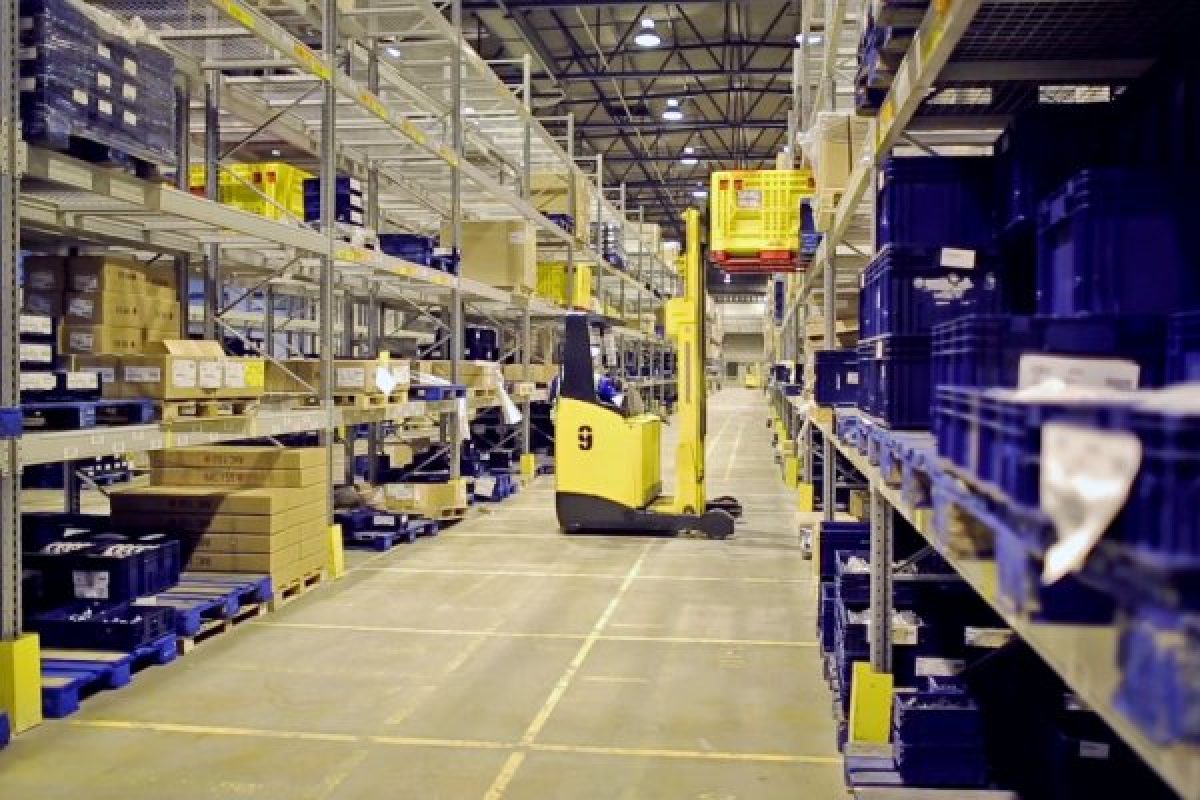Many companies face a common problem of efficient freight movement. Usually, the amount of freight from one business is too small for a full load, and to regularly book full-capacity ships with different destinations would be expensive. Furthermore, businesses often struggle to manage their supply chain to meet delivery deadlines, with poor planning and execution of the shipping strategy driving up freight costs too.
Cargo consolidation is one of the best solutions to reduce costs and achieve shorter transit times, allowing companies with average-sized cargoes to compete with bigger retailers. It also has numerous other benefits too – some of which have implications beyond the industry. As Thomas Insights recently stated: ‘By consolidating you’ll save substantially on delivery costs. You will also reduce your company’s carbon footprint as this requires fewer delivery trucks.’
What is cargo consolidation?
Simply put, cargo consolidation is combining a number of smaller shipments into one large shipping container and forwarding it to the same location. Typically, several shipments are picked up in a consolidation warehouse or distribution centre and remain in the same container until it reaches the final destination. It includes sea, air and road freight.
In a sense, different cargo owners work together to fill a container, sharing the cargo space and transportation costs. As a result, the arrangement makes economic sense as the shippers get to pay cheaper bulk rates since they’re shipping all cargo at the same time instead of sending multiple smaller shipments separately. As a practice, it’s widely promoted as a positive concept. In recent years, Heathrow Airport created a load consolidation app in an effort to encourage cargo operators to reduce emissions.
Since a robust freight-consolidation programme will include goods from multiple carriers, shippers and distributors, most companies choose to outsource the process to logistics experts, who have the resources to coordinate the complex activity.
3 key benefits of freight consolidation
- Cost-efficiency
In addition to the bulk rates mentioned, the overall price of transportation is split since the truck capacity is shared with other shippers. Additionally, the ability for your business to make more frequent, smaller purchase orders means you’ll have more cash flow to work with. It’s faster too: a route without frequent stops reduces overall transit time, letting you meet order delivery deadlines.
- More flexibility
With your freight stored at a consolidation facility, your goods are ready to go when they are needed for shipment; this improves your timeline and inventory flexibility. It also means you free up inventory space and eliminate dormant inventory at your domestic warehouse. A good freight forwarder should also accommodate changes to freight late in the shipping process. This flexibility will help you stay in control of your consolidated shipments and react quickly to supply, demand, or market changes.
- Enhanced safety
Cargo consolidation implies less handling of freight. With fewer hands on the cargo and fewer transfers involved in the shipment, there is a lower risk that something will go missing and the chances of human error are reduced too (such as shipments sent to the wrong delivery point or unnecessary delays). The more shipments that are combined, the higher the probability that all of them will arrive undamaged; the large volume of freight puts a higher responsibility on the carriers.
Consolidation is an excellent decision for companies who regularly move goods headed in the same direction. However, it can be difficult to find a trusted provider that handles consolidated shipping and has a proven track record of managing complex international logistics. Partner with an expert like Sprint Logistics who can simplify the cargo consolidation process for you and take care of all the troublesome details.
Sprint Logistics is a world-leading logistics company for global customers looking for superior solutions. Our team of experts manage cargo consolidation, international fulfilment, supply chain solutions and global warehousing for a wide variety of businesses.
If you have any questions about trialling cargo consolidation, please don’t hesitate to get in touch.




